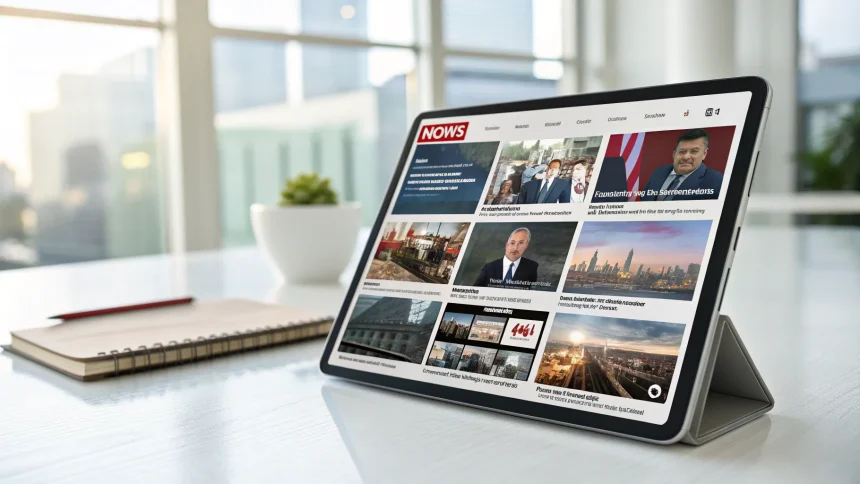Newsweek has unveiled a comprehensive digital archive that gives readers access to its extensive collection of breaking news coverage. The new platform allows users to browse through years of photos, videos, and articles covering major news events from around the world.
The archive represents a significant step in digital media preservation, making decades of journalism accessible to researchers, students, and casual readers alike. Users can search through content organized by topic, date, or keyword to find specific coverage of historical events.
Digital Preservation of Journalism
The new archive serves multiple purposes beyond simple content storage. It creates a searchable historical record of how major events were covered in real-time, offering insights into how journalism has evolved over the years.
“News organizations have a responsibility to preserve their reporting for future generations,” said a media historian familiar with such digital archives. “These collections become valuable historical documents that show not just what happened, but how events were understood at the time.”
The archive includes coverage of major world events, political developments, natural disasters, and cultural milestones that shaped recent history. Each entry maintains its original context while benefiting from modern search capabilities.
User Experience and Accessibility
According to information provided about the archive, users can access content through multiple pathways:
- Chronological browsing by date
- Topical exploration through categories
- Keyword searches across all content types
The platform integrates various media formats, allowing users to view photos, watch videos, and read articles from a single interface. This multimedia approach provides a more complete picture of how breaking news was presented across different formats.
The archive also appears to include both front-page headlines and in-depth analysis pieces, giving researchers access to both immediate reactions and more thoughtful examinations of events after they occurred.
Implications for Media Research
Media scholars note that such archives are becoming increasingly important as news consumption shifts primarily to digital formats. Physical newspaper archives, once the primary source for historical news research, are becoming less common as publications reduce or eliminate print editions.
“Digital news archives fill a critical gap in our ability to study media history,” noted a journalism professor at a major university. “Without these collections, much of contemporary reporting would essentially disappear after its initial publication online.”
The searchable nature of the archive also enables new forms of media analysis, allowing researchers to track how language, framing, and coverage priorities have shifted over time.
For casual users, the archive offers a way to revisit major historical moments through the lens of contemporary reporting, providing context that might be missing from current discussions of past events.
Newsweek joins several other major news organizations that have created similar digital repositories in recent years, though the scope and accessibility of these archives vary considerably between publications.
As news cycles continue to accelerate, these permanent collections may become increasingly valuable as reference points for understanding the development of major stories and their long-term significance.









